Tabassum examines social media addiction and mental health issues during the pandemic, along with the causes, identification, symptoms, self-tests and solutions. An exclusive for Different Truths.
 “Every form of addiction is bad.” ~ Carl Gustav Jung
“Every form of addiction is bad.” ~ Carl Gustav Jung
Social media addiction is dangerous, though we deny the side effects of this addiction. Social media addiction was already a ballooning problem. The world is in a lockdown or near lockdown, now. The Covid-19 pandemic has fueled it further. During social distancing and isolation, people are communicating via social media. Now, during lockdown Facebook, Instagram, TikTok, YouTube, Snapchat, Skyrocketing have become commonplace at our homes.
After this Covid-19 lockdown, internet consumption has jumped. It has raised the dangers of increasing numbers of social media addicts.
After this Covid-19 lockdown, internet consumption has jumped. It has raised the dangers of increasing numbers of social media addicts.
There is a spike in internet browsing and streaming platforms. People are spending more time on Facebook, Twitter, Viber and WhatsApp and other popular social media apps. In social media, people were largely consuming news (including fake news) and memes. There are reports of a spike in gaming addiction among youngsters all over the world. The youngsters who had reduced gaming addiction with the therapies are getting back to old habits amidst the lockdown.
Even before the lockdown, social media addiction was a phenomenal societal problem. It is an addiction to a daily user and it will feel like the solution to their problems but it may well be a cause to them as well.
Even before the lockdown, social media addiction was a phenomenal societal problem. It is an addiction to a daily user and it will feel like the solution to their problems but it may well be a cause to them as well. It was a problem before the lockdown and now the problem has become worse.
It is a global problem. People are becoming dependent on the mobile phone. According to reports, there is a 62.5% increase in internet use over seven years worldwide. In the daily lives of the digital generation, internet use is not a luxury but a necessity. One can talk to friends and family via the net, you can get access to valuable information.
People are becoming dependent on the mobile phone. According to reports, there is a 62.5% increase in internet use over seven years worldwide. In the daily lives of the digital generation, internet use is not a luxury but a necessity. One can talk to friends and family via the net, you can get access to valuable information.
In each DM notification, like and follow one feels the dopamine kick in such a way that people want to get the same feeling more and more. Then it becomes an acute addiction.
In a social media presence, one gets validation, exposure, connectivity, information, entertainment. Only via one platform, a person gets emotional satisfaction on various grounds. But like all other things, social media has its pros and cons. Or we can say each action has an opposite and equal reaction. There is a thin line between the use and overuse of social media. According to a study, one might suffer from stress, anxiety, sleep quality, HAD (Hyper Activity Disorder), insomnia, emotional exhaustion, frustration, jealousy, body image insecurity, low self-esteem, etc. due to the addiction of social media. Millennials can suffer from more than 60% of mental health issues from the overuse of social media. Strangely, Millennials seek help from social media to get rid of mental health-related issues.
Social media create unique psychological insecurities. Addicted users can’t go a few hours without checking different social media platforms before getting up in the morning. This is popularly known as FOMO (Fear of Missing Out) — a term for the addictive use of social media. Checking perfect beauty standards in Instagram and then feeling insecure about their own body and beauty or style appearances (body image shaming). Or suffering from inferiority complex after watching celebrity lifestyle in the social media.
Social media create unique psychological insecurities. Addicted users can’t go a few hours without checking different social media platforms before getting up in the morning. This is popularly known as FOMO (Fear of Missing Out) –– a term for the addictive use of social media.
Social media addiction affects the relationship as well. According to All Psychology Schools survey, 25% of couples felt that partners were distracted.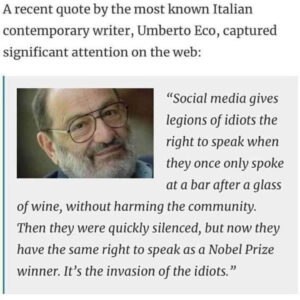
But how you will find out that you are a social media addict? This addiction as symptoms. But it is not easy to find out. Because the problem is so common that it does not seem like a problem. That is why not by inspection but by introspection, one can find out whether he or she is a social media addict or not.
Let’s take a self-test.
- The first thing you do in the morning is to check your social media
- You can’t go to the washroom without your cell phone
- You overanalyse images of yourself to post
- You feel angry when nobody comments on your posts
- Do you become restless if you are unable to use social media?
- Do you use social media to forget about personal problems?
- Does it have /had a negative impact on your job/studies?
- Does it have/had a negative impact on your relationship?
If “yes” is your answers to all the above questions then you are a social media addict. In that case, you need to find out a pattern in your internet use. There is always a pattern. Recent studies show that elderly persons are becoming closer to social media platforms.
If “yes” is your answers to all the above questions then you are a social media addict. In that case, you need to find out a pattern in your internet use. There is always a pattern. Recent studies show that elderly persons are becoming closer to social media platforms.
In this addiction, only the users are not to be blamed. Social networking apps are designing their algorithm in such a way that they are able to retain the user for a longer period of time. Social media apps toy with the psychology of the users through their algorithm. Unlimited newsfeed, through pop up notifications give the user constant dopamine hit, which keeps your brain in a groove. The slight delay of response before your newsfeed is populated again is all a part of building the anticipation to release a dopamine hit of excitement when you get your latest posts. This is called the Slot Machine Effect. The Slot Machine Effect is a well-documented technique, which has been mirrored across almost all social media sites. The pull-to-refresh and infinite scrolling mechanism on our news feeds is similar to a slot machine. Especially the likes, comments, and followers in social media gives the teenagers validation. And teenagers relate this kind of validation to their personalities. Validation becomes an important necessity, which is utilised by these apps hugely.
But during the pandemic lockdown, one can question the alternatives of social media apps. Because there is a risk of infection, inside there is a risk of depression. Not using phones risk isolation and if you use it, then you risk addiction.
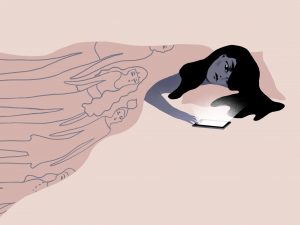
But during the pandemic lockdown, one can question the alternatives of social media apps. Because there is a risk of infection, inside there is a risk of depression. Not using phones risk isolation and if you use it, then you risk addiction.
We agree that it has become even more difficult to divert attention from social media today. If you want to maintain mental health and peace of mind, then you have to make use of social media. Therefore, do what you like. If you want to play games — do it. If you want to cook — do it. If you want to make Tik Toks — do it. No worries. But try and do everything within a time limit and restrictions. The restriction shouldn’t be a problem.
We have learned at least that in the lockdown. The best part about this crisis is that we are reconnecting with our families and friends. We are communicating with them more than ever. Improve your bonds with them. Pay attention to your hobbies. Remember social media is not a hobby. Read online news portals instead of reading news posted by unverified sources in social media, which might be untrue and based on rumours. And monitor the time you spend on social media. How many hours are you spending on social media and how many hours can you go without it? Set your digital time limits. Keep your cell and mobile phones at a distance so that you do not reach out and check your notifications and newsfeed again and again.
The best part about this crisis is that we are reconnecting with our families and friends. We are communicating with them more than ever. Improve your bonds with them. Pay attention to your hobbies. Remember social media is not a hobby. Read online news portals instead of reading news posted by unverified sources in social media, which might be untrue and based on rumours.
Disabling the pop-up notifications is a good start towards social media detoxification. Watching or doing anything in excess, you see is addiction. The government has taken responsibility for our physical health. But as far as the responsibility of our mental health goes it can be only borne by us alone. Be careful and be sensible as an individual and as a responsible citizen.
Photo from the Internet

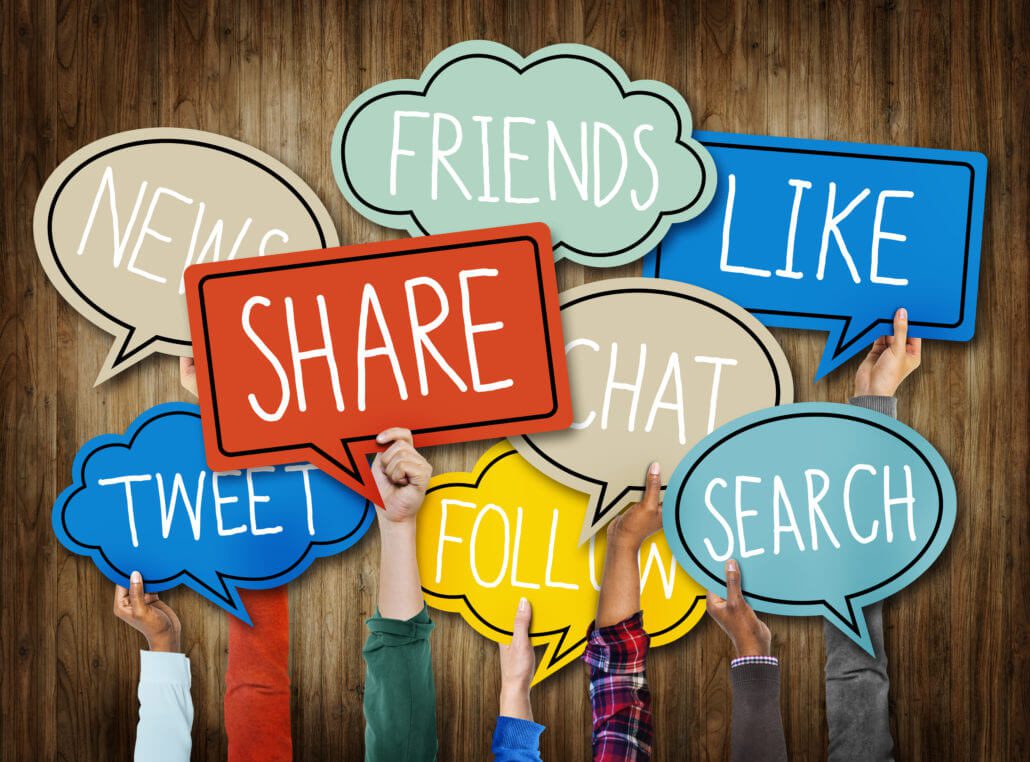



 By
By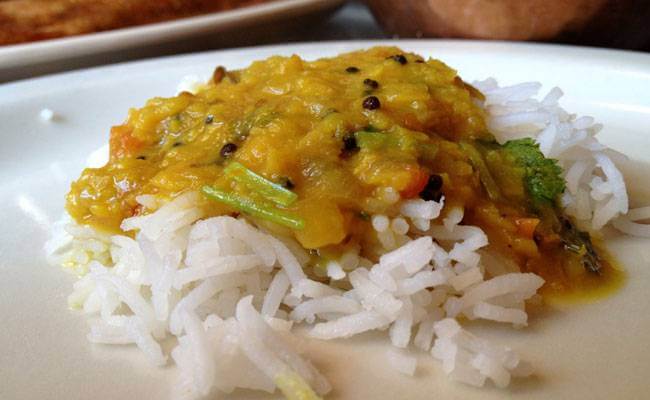

 By
By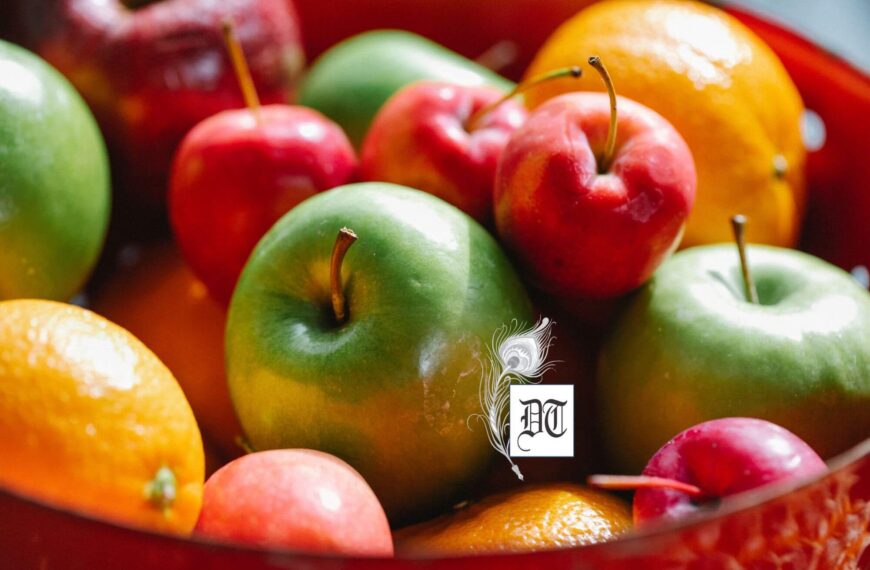
 By
By